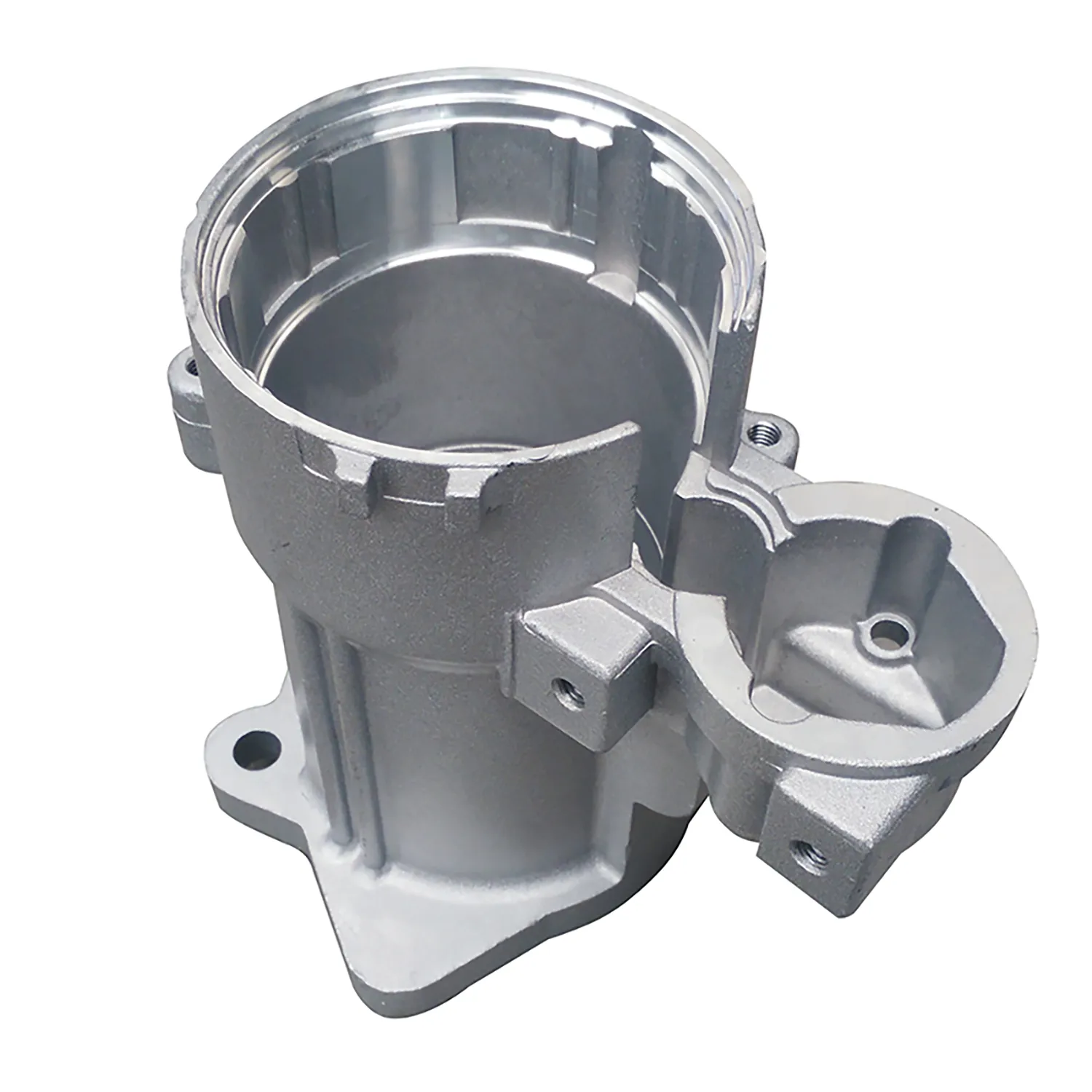Mobile:+86-311-808-126-83
Email:info@ydcastings.com
vortex casing pump
Understanding Vortex Casing Pumps A Comprehensive Overview
Vortex casing pumps play a pivotal role in various industrial applications, particularly in the fields of wastewater management, agricultural irrigation, and chemical processing. Unlike traditional centrifugal pumps, which rely on impellers to create a flow of liquid, vortex casing pumps utilize a unique design that allows them to handle solids and fibrous materials more effectively. This article explores the key features, benefits, and applications of vortex casing pumps.
Key Features
The primary characteristic of a vortex casing pump is its specially designed volute casing, which facilitates the creation of a vortex or whirlpool effect. This design minimizes the risk of clogging, making it ideal for environments where solids are present in the fluid being pumped. The impeller in a vortex pump is typically open or semi-open, allowing it to manage larger particles without causing damage or reducing efficiency.
Additionally, vortex casing pumps are often engineered for high efficiency and durability. They are constructed from robust materials that can withstand corrosive substances, making them suitable for handling various types of liquids, including sewage, sludge, and chemical mixtures. Some models are even designed to operate in submersible conditions, further enhancing their versatility.
Benefits
One of the most significant advantages of vortex casing pumps is their ability to handle solids without losing performance
. This capability reduces the need for extensive pre-treatment of liquids, leading to lower operational costs and enhanced reliability. Furthermore, the design of these pumps typically results in lower energy consumption, making them an environmentally friendly option for numerous applications.vortex casing pump

Another benefit of vortex casing pumps is their reduced maintenance requirements. Traditional pumps can suffer from wear and tear when handling solid particles, but the vortex design minimizes such issues. This leads to longer service intervals and decreased downtime, which is crucial for operations that rely on consistent and uninterrupted fluid movement.
Applications
Vortex casing pumps find applications across a diverse range of industries. In wastewater treatment facilities, they are commonly used to move sludge and sewage with high solids content. The agricultural sector also benefits from these pumps, as they can effectively irrigate fields with water mixed with organic matter.
In addition, vortex casing pumps are employed in various chemical processes where corrosive or abrasive liquids are present. Their robust construction and ability to maintain performance despite challenging conditions make them indispensable in these settings.
Conclusion
In summary, vortex casing pumps offer exceptional performance for applications involving liquids with solids and fibrous materials. Their unique design, efficiency, and reduced maintenance needs make them a preferred choice in industries such as wastewater treatment, agriculture, and chemical processing. As technology advances, we can expect to see further enhancements in the design and efficiency of these pumps, making them even more integral to fluid management systems worldwide.
-
Why Should You Invest in Superior Pump Castings for Your Equipment?NewsJun.09,2025
-
Unlock Performance Potential with Stainless Impellers and Aluminum End CapsNewsJun.09,2025
-
Revolutionize Your Machinery with Superior Cast Iron and Aluminum ComponentsNewsJun.09,2025
-
Revolutionize Fluid Dynamics with Premium Pump ComponentsNewsJun.09,2025
-
Optimizing Industrial Systems with Essential Valve ComponentsNewsJun.09,2025
-
Elevate Grid Efficiency with High-Precision Power CastingsNewsJun.09,2025











